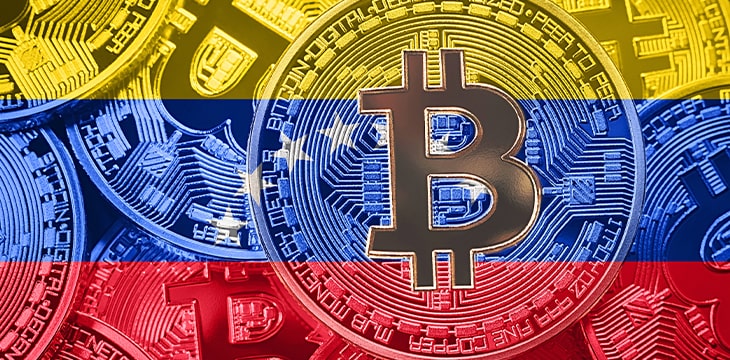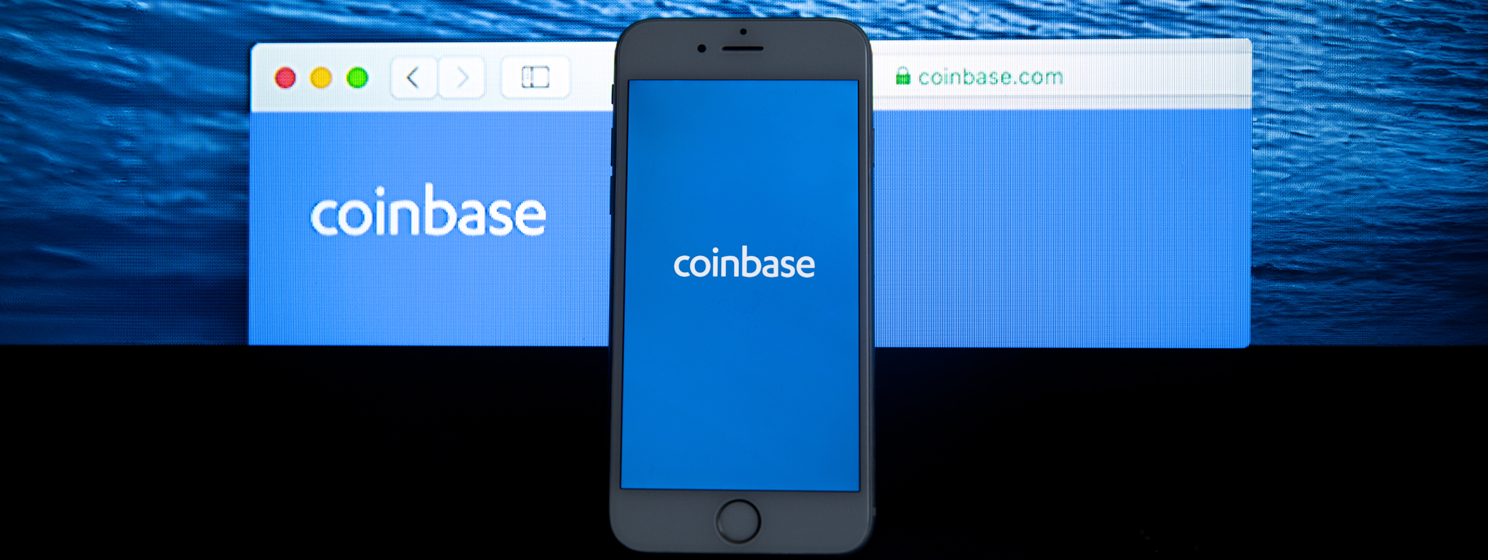|
Getting your Trinity Audio player ready...
|
Digital currency adoption in Venezuela has soared over the past few years, with many locals moving away from the unstable and rapidly depreciating local currency, the bolivar. To protect the bolivar, the government is reportedly going after digital currency users, imposing a 20% tax on BTC transactions to curb its growing usage for payments in the South American country.
Earlier this week, the Venezuelan National Assembly held the second hearing for a new draft bill that seeks to impose a hefty tax on large financial transactions involving any other currencies other than those issued by the government, namely the bolivar and the disastrous digital currency Petro.
According to local reports, the bill has now been passed into law. It will require locals—individuals or firms—to pay up anywhere between 2% and 20% in taxes whenever they use digital currencies or other non-local currencies such as the U.S. dollar to make any transactions.
For President Nicolas Maduro’s government, the move was necessary to ensure that the national fiat currency doesn’t end up having no usage in the country.
The bolivar has been one of the most disastrous currencies in the world, losing 70% of its value in 2021 alone. In the past decade, the bolivar has essentially lost nearly all its value as hyperinflation, political instability and economic sanctions took their toll.
To this effect, the bill claimed, “It is necessary to guarantee treatment at least equal to, or more favorable, to payments and transactions made in the national currency or in cryptocurrencies or crypto assets issued by the Bolivarian Republic of Venezuela versus payments made in foreign currency.”
Venezuela has continued to be one of the countries leading in digital currency adoption. Unlike some developed nations in which most digital currencies are seen as speculative investment instruments, Venezuelans have turned to them for use in day-to-day transactions at a time when the bolivar has continued to dip.
Maduro’s alternative, the Petro digital currency, has been even more disastrous. Despite his valiant efforts to promote it, including forcing it on people and institutions, the Petro has flopped massively.
Watch: CoinGeek Zurich panel, Digital Technology and the Future of Banking & Financial Services

 02-05-2026
02-05-2026 




